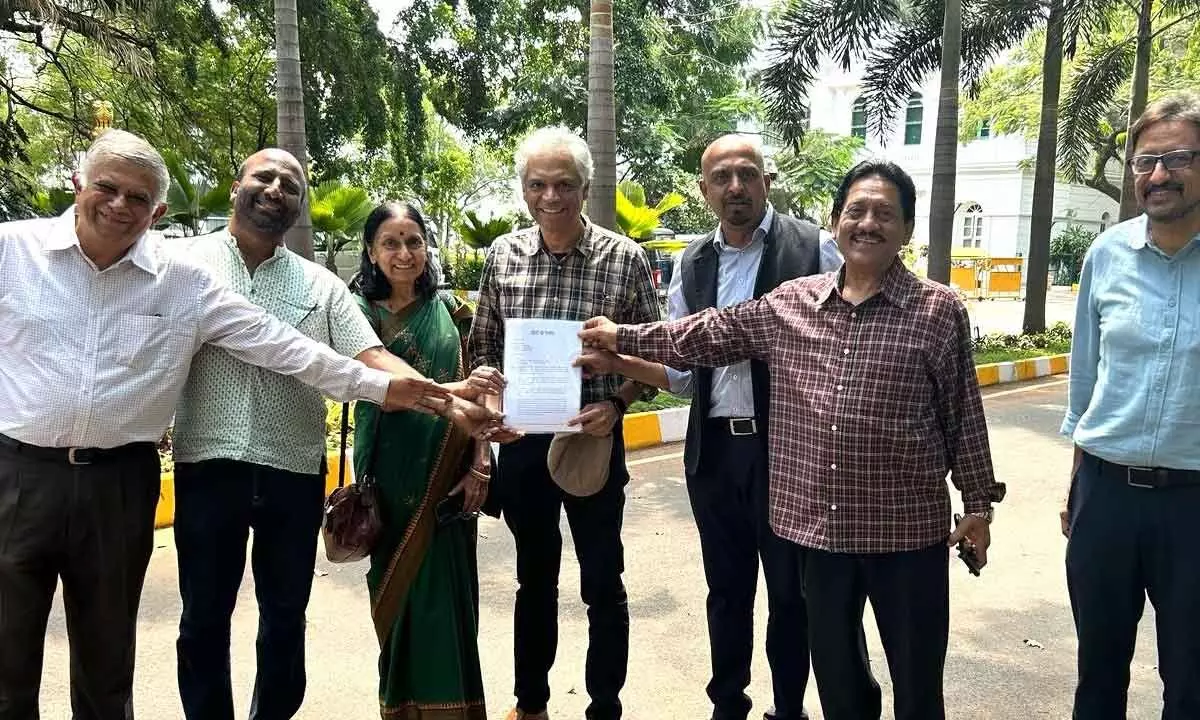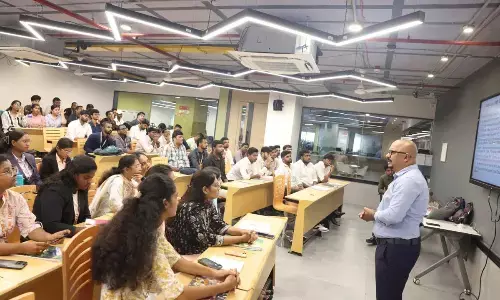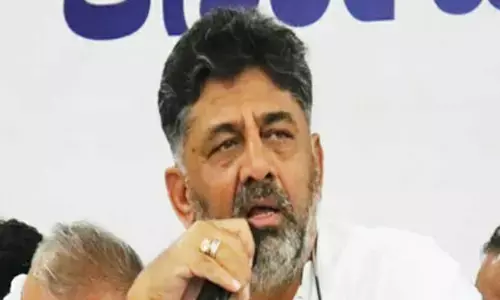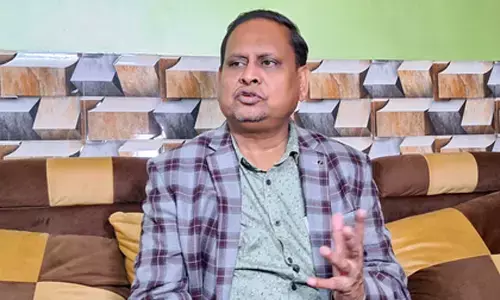Governor Returns Greater Bengaluru Governance Bill After Citizen Pushback

In a significant development, Karnataka Governor Thaawarchand Gehlot has returned the Greater Bengaluru Governance Bill to the Legislative Assembly, following mounting pressure from a coalition of citizens' groups and urban governance experts.
Bengaluru: In a significant development, Karnataka Governor Thaawarchand Gehlot has returned the Greater Bengaluru Governance Bill to the Legislative Assembly, following mounting pressure from a coalition of citizens' groups and urban governance experts. The decision comes after widespread concerns were raised over the bill’s potential impact on local administration, financial transparency, and urban planning.
A memorandum submitted to the Governor by representatives from various civil society organisations and resident welfare associations highlighted that the bill, if enacted, would centralise power in the hands of the state government, undermining local governance mechanisms. Petitioners argued that the bill does not adequately address the needs of Bengaluru’s diverse communities and weakens democratic decentralisation.
“The bill lacks a robust framework for financial accountability and threatens to erode public participation in decision-making processes,” said a spokesperson for the citizens' coalition. “Instead of improving Bengaluru’s governance, it risks creating bureaucratic inefficiencies and reducing transparency.”
One of the key objections raised was the proposal to split Bengaluru into multiple municipal corporations, which petitioners argued could lead to administrative fragmentation rather than improved governance. They cited examples from other metropolitan cities where similar models had failed to produce better urban management outcomes.
Concerns were also voiced regarding major infrastructure projects, such as the elevated corridor and tunnel road initiatives, which activists claimed had been pushed forward without adequate public consultation. They argued that these projects prioritise large-scale construction interests over sustainable urban planning and environmental considerations.
“We fear that such projects, undertaken without thorough feasibility studies and public engagement, will exacerbate existing urban issues rather than resolve them,” said Prakash Belawadi of the ‘Bengaluru Town Hall’ a staunch civic activist who led the movement to present the petition to the governor along with others.
Sandeep Anirudha a rights activist posted on his X handle saying “Governor heard us - Returned Greater Bengaluru Governance Bill to Govt seeking clarifications on issues raised by us!”
The governor’s decision to return the bill is seen as a victory for citizen activism, with many urging broader discussions before any legislative changes are implemented. While the state government has defended the bill as a necessary reform to improve Bengaluru’s administration, citizen groups insist that a more inclusive and transparent approach is required to address the city's complex urban challenges.
Civic activists have pledged to continue pushing for wider consultations and amendments to ensure governance reforms align with constitutional provisions on decentralisation and public accountability.









